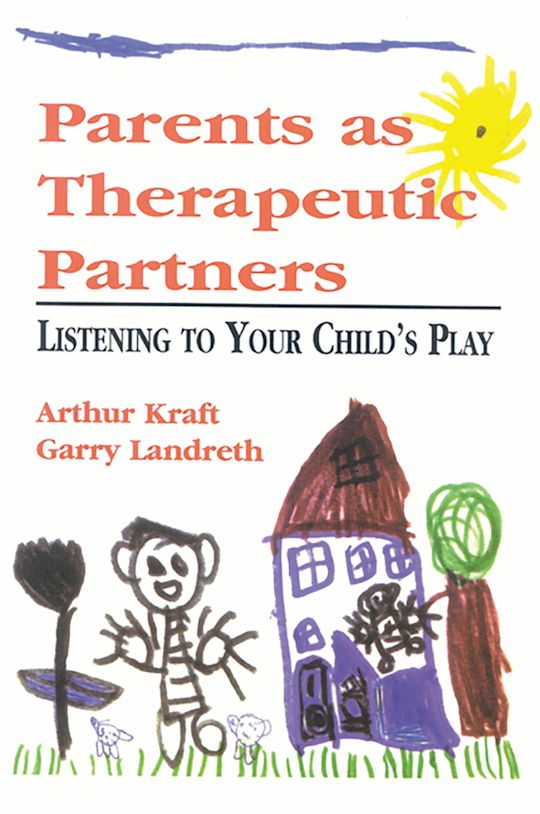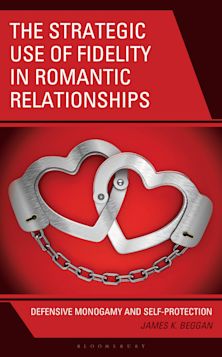- Home
- ACADEMIC
- Psychology
- Psychology - Other
- Parents as Therapeutic Partners
Parents as Therapeutic Partners
Are You Listening to Your Child's Play?
Parents as Therapeutic Partners
Are You Listening to Your Child's Play?
This product is usually dispatched within 3 days
- Delivery and returns info
-
Free CA delivery on orders $40 or over
You must sign in to add this item to your wishlist. Please sign in or create an account
Description
This book teaches parents how to conduct play therapy with their own young children. Teaching parents to be play therapists enhances the efforts of the mental health professional, who now becomes a consultant to the parent-therapist.
Product details
| Published | May 01 1998 |
|---|---|
| Format | Paperback |
| Edition | 1st |
| Extent | 262 |
| ISBN | 9780765701060 |
| Imprint | Jason Aronson, Inc. |
| Dimensions | 229 x 163 mm |
| Publisher | Bloomsbury Publishing |
About the contributors
Reviews
-
Two master therapists give us the privilege of looking in on parents' play sessions with their own children and on their training sessions via moment-by-moment accounts. Enhancing these accounts are the enormously human and sometimes humorous, but always insightful and respectful, thoughts of the training and supervising authors. Topping off the thoroughly enjoyable education in basic child-directed play therapy is the sharing by both authors of annotated protocols of play sessions they have conducted. To complete the education, the book lays out principles and procedures of filial therapy and research results that lend impressive empirical support to the method. The value of engaging parents in this unique interaction shines through as they express new insights into their own and their children's behavior. Readers can actually expect to feel good after reading this book.
Louise Guerney, Ph.D., Penn State University
-
Kraft and Landreth describe how parents can conduct child-centered play sessions with their young children, and they illustrate how the sessions can help resolve a variety of internalizing (e.g., overly fearful or timid) and externalizing (e.g., overly aggressive or negativistic) problems of childhood. This is a major contribution to the child therapy literature.
Charles E. Schaefer, Ph.D., Fairleigh Dickinson University
-
Parents as Therapeutic Partners proposes the perfect marriage of effective material from the world of play therapy with the vital concern for parent training. The essential healing element of play therapy is found in the special relationship between the child and the professional, but the need for parents to build relationship with their children is foundational. Recognizing that empowered children do indeed come from empowered parents, Kraft and Landreth bring together psychological truths and the angst of parenting with theory and practice, demonstrated by easy-to-understand examples. The book is written for parents and professionals; the true beneficiaries, however, will be the children.
Daniel S. Sweeney Ph.D., George Fox University



































